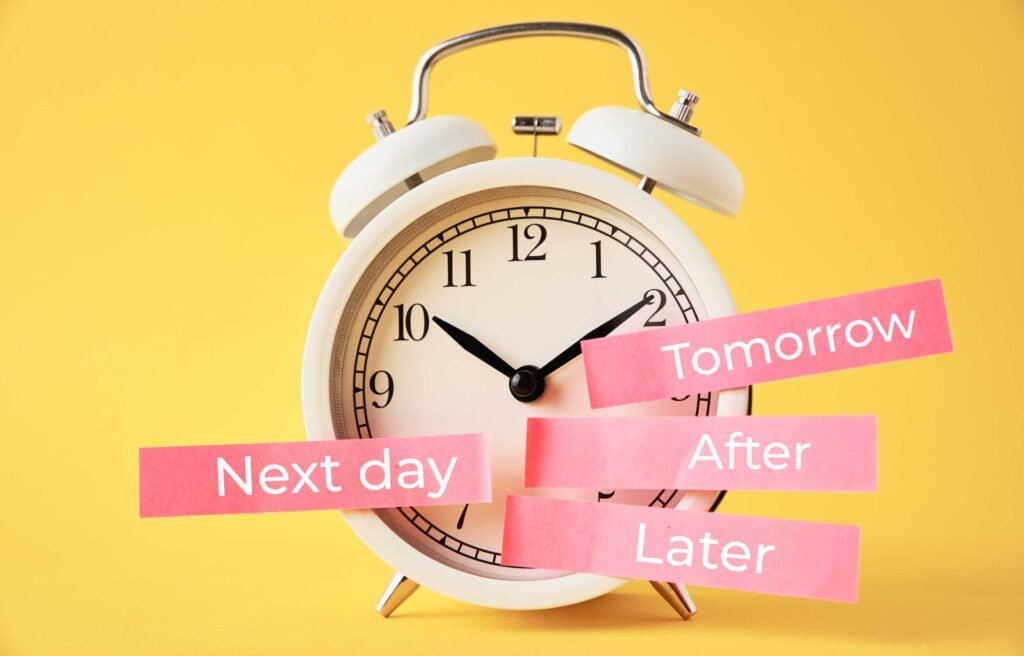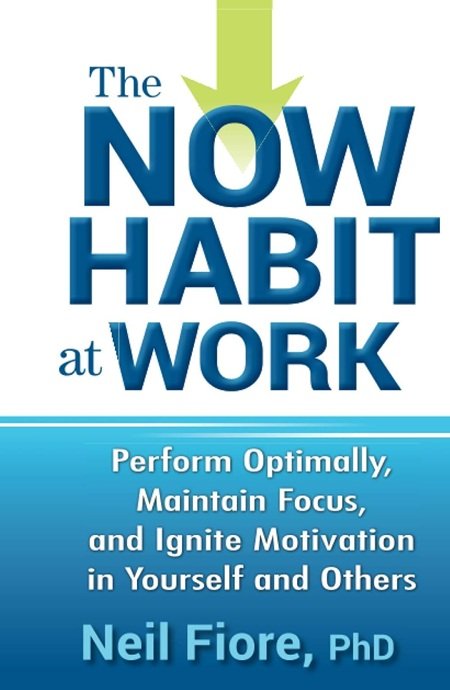It often starts quietly. A well-intentioned pause, a minor delay, or a small shift in priorities. A browser refresh. A peek at the fridge. Then an entire morning vanishes, and the to-do list remains untouched.
For many, procrastination is not dramatic. It is subtle and persistent—creeping into daily routines, disguising itself as harmless delay, and ultimately reshaping how people work, think, and relate to their goals.
How to overcome procrastination is a question that psychologists, executives, and everyday professionals return to repeatedly. Because the cost is not only lost time. It is diminished self-trust.
Behind the Behavior: Why Delay Feels Safer Than Action
While procrastination is often mistaken for laziness, research shows a very different story. High performers, perfectionists, and even seasoned leaders are among the most frequent offenders.
At the heart of it is avoidance—not of work, but of emotional friction. A difficult task can trigger fear of failure, self-doubt, or even identity conflict. So the mind opts for short-term comfort: checking emails, cleaning desks, or re-reading notes instead of starting.
“Procrastination is rarely about time,” explains Dr. Elise Kravitz, a behavioral psychologist. “It’s about the discomfort we associate with what we are trying to do.”
Understanding that truth is the first step in any real strategy on how to overcome procrastination.
Related – How to Remember Everything You Read: 9 Proven Strategies That Stick
The Economic and Personal Cost of Delay
The consequences are not imagined. Professionals who habitually delay tasks often experience stalled promotions, missed deadlines, and reduced annual earnings. In a recent multi-city study, mid-career workers with self-reported procrastination habits saw up to a 12% income gap compared to their peers with consistent follow-through.
The emotional toll is equally heavy. Chronic procrastinators report higher anxiety, lower sleep quality, and decreased motivation over time. Left unchecked, it becomes a loop: delay leads to guilt, which leads to further avoidance, compounding the original problem.
Why Productivity Apps Alone Are Not the Answer
There is no shortage of digital solutions promising structure and clarity. But checklists, timers, and planning boards only solve part of the puzzle. They do not address why tasks feel emotionally charged to begin with.
A planner cannot neutralize fear. A timer does not erase doubt. For someone trapped in analysis paralysis, productivity tools may become an additional layer of guilt—evidence of what is planned, but not done.
To genuinely tackle how to overcome procrastination, the focus must move beyond efficiency into psychology and behavior.

Case Study: The Manager Who Turned 10 Minutes Into a System
Mila, a marketing lead based in Denver, struggled for years with proposal deadlines. Her breakthrough came with a method so simple it almost seemed naïve: she committed to ten minutes of uninterrupted work on the task she most wanted to avoid.
“Once I started,” she recalls, “I rarely stopped at ten minutes. But giving myself permission to quit made it easier to begin.”
Her productivity didn’t just improve. Her confidence did. She no longer viewed herself as someone who struggled with delay. That shift in identity, experts say, is critical in learning how to overcome procrastination consistently.
Five Structural Changes That Rewire Your Day
Real progress requires small, repeatable systems. The following adjustments are grounded in behavioral science and have been shown to reduce avoidance by over 30% in controlled studies:
- Timeboxing over task lists: Assign exact time slots to tasks instead of relying on open-ended to-do lists. This lowers ambiguity and improves task initiation.
- Task pairing: Bundle a difficult task with something rewarding, such as working on a report while listening to instrumental music.
- Physical triggers: Use environment design—clean desks, dedicated work zones, and phone-free hours—to shape behavior without willpower.
- Progress tracking: Instead of measuring outcomes, track starts. Log how often you initiate tasks, not how many you finish.
- Self-curiosity: Replace guilt with curiosity. Ask what emotion you were avoiding, and what made starting difficult.
When applied consistently, these techniques become a framework for navigating the emotional terrain that drives delay.
The Role of Identity and Self-Talk
What people say to themselves often dictates how they behave. Individuals who describe themselves as “bad with follow-through” often reinforce that pattern unconsciously.
But language can be restructured. Instead of “I need to be productive,” try “I’m someone who starts what they schedule.” The subtle shift changes the relationship between intention and action.
In one workplace trial, employees who used identity-based affirmations were 25% more likely to complete their weekly work plans without last-minute rushes.
Changing how you see yourself is one of the most lasting strategies on how to overcome procrastination—because it affects every decision that follows.
Recommended Reading: A Book That Redefines Delay
For those looking to go deeper into the psychology and practice of productivity, one book consistently stands out: The Now Habit by Dr. Neil Fiore.
Unlike traditional time-management guides, this book approaches procrastination as a pattern rooted in fear, perfectionism, and self-criticism—not laziness. Dr. Fiore offers a compassionate yet rigorous framework to interrupt that pattern. Central to his method is the Unschedule—a reverse calendar that prioritizes rest, play, and self-care as a means to unlock more focused work.

Whether you’re a student, creative professional, or executive, The Now Habit provides actionable tools, cognitive reframes, and structured practices that help transform avoidance into confident action. It’s not about forcing discipline—it’s about building trust with your time.
A Word on Shame and Compassion
Delay often leads to shame. The calendar gets pushed. The deadline slips. Then the internal dialogue turns harsh.
Yet shame is not a motivator. It is a paralyzer. Those who respond to delay with curiosity and self-forgiveness, rather than judgment, tend to recover faster and resume action with greater clarity.
This is not about ignoring mistakes. It is about learning from them without letting them become your identity.
Knowing how to overcome procrastination is not only about systems. It is also about how you treat yourself when the system fails.
Final Reflection: The First Action Is Always the Hardest
Every task postponed today will be more difficult tomorrow—not because it changes, but because your perception of it does.
When a task lives only in the mind, it often expands. It grows heavier. It distorts. But the moment you begin—even messily—that distortion begins to collapse.
You regain clarity. You regain control.
How to overcome procrastination does not require perfect habits or sudden reinvention. It starts with one honest step, taken in a moment of willingness, not pressure.
From there, the next becomes easier. And the person you want to be comes into sharper focus—not as a wish, but as a lived reality.
Disclaimer: As Amazon Associates, we earn from qualifying purchases.





